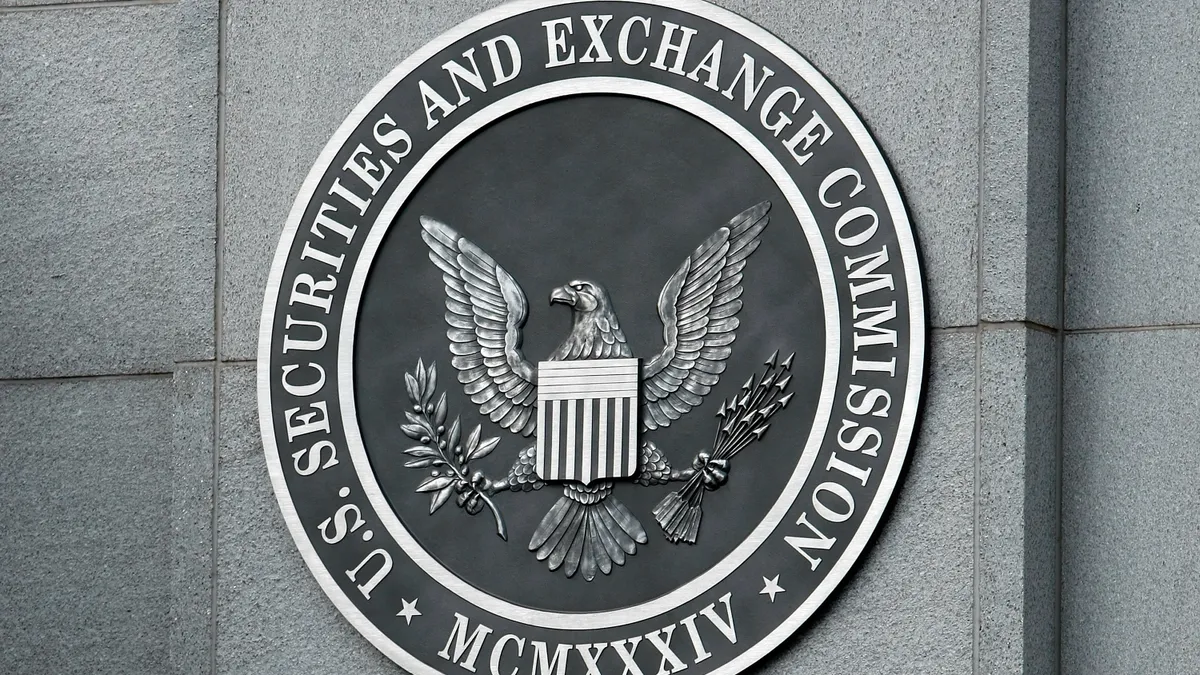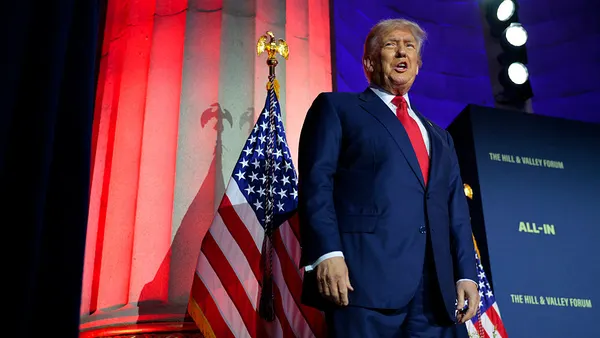Dive Brief:
-
Paul Munter, acting chief accountant at the Securities and Exchange Commission’s (SEC), expressed concern Thursday about what he called recent signs of a decline in the level of “professionalism” among employees at some of the largest accounting firms.
-
“One of the things that concerns me with some of the missteps that have been taken by some large firms over the last few years is it seems to indicate a deterioration in the level of professionalism of people in those firms,” Munter said. “And it isn’t just one firm which worries me that there might be a decline overall in the level of professionalism.”
-
Speaking at an accounting conference in New York City, Munter urged academics in the audience to push back against the notion that accounting is just an industry, saying that mindset leads to a deterioration in confidence in the profession as well as in financial information used by investors.
Dive Insight:
Speaking during a question and answer period after giving a keynote talk, Munter also mentioned that his worry about professionalism comes as his office has been talking a lot about the importance of auditor independence. SEC Chair Gary Gensler has also been clear about his plans to strengthen oversight of the accounting firms that audit publicly traded companies.
Munter did not identify any firms by name. But the SEC in June fined Ernst & Young $100 million for cheating by its auditors on ethics exams and for withholding evidence of wrongdoing from the agency’s Enforcement Division. The penalty is the largest ever imposed on an audit firm, the SEC said at the time.
During his keynote address at the conference, Munter emphasized the importance of accurate disclosures as a means of enabling investors to make more informed decisions, which could ultimately reduce the cost of capital.
Munter also touched on the recent shift of standard setters such as the Financial Accounting Standards Board (FASB) toward making narrower, timely decisions in the wake of major changes in the market. For instance, the FASB this year has done an about-face to tackle standards for crypto. The board reached a tentative decision last month to make fair value the primary accounting method for measuring crypto assets, something many stakeholders sought for some time.
Munter also noted the difficult bind for standard setters when determining the right time to address rules for newly emerging and fast-changing markets like crypto.
“I will say that standard setters have to strike a balance,” he said. While you want to set standards that are relevant, the markets are changing fast, he said. Some of the “types of crypto arrangements we see now are very different than in the very nascent days,” Munter said.














